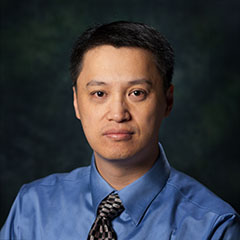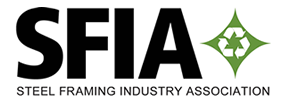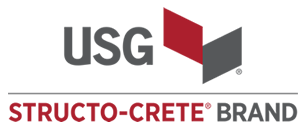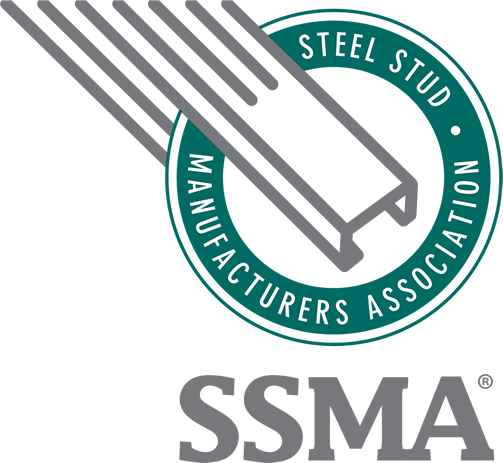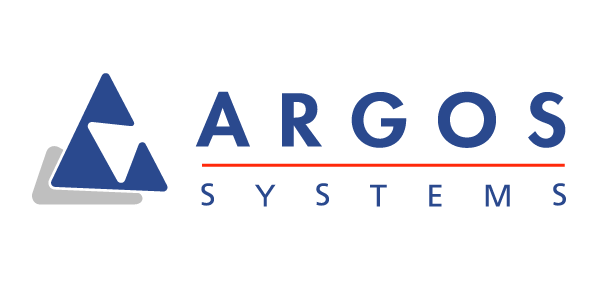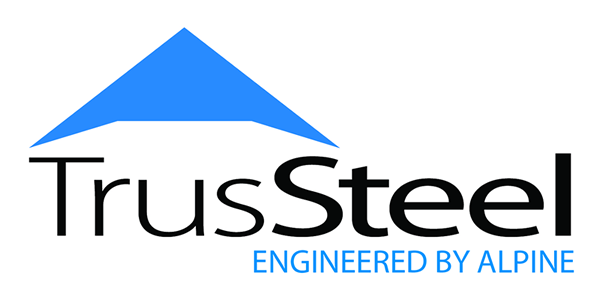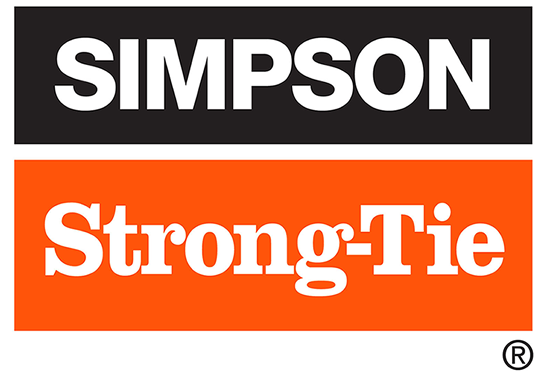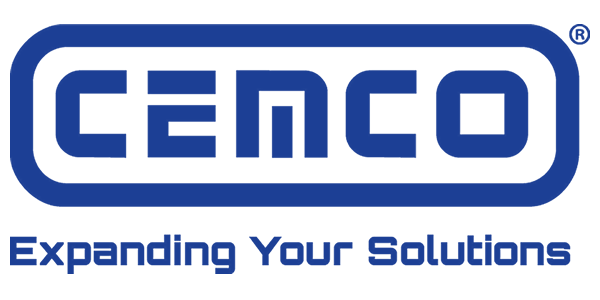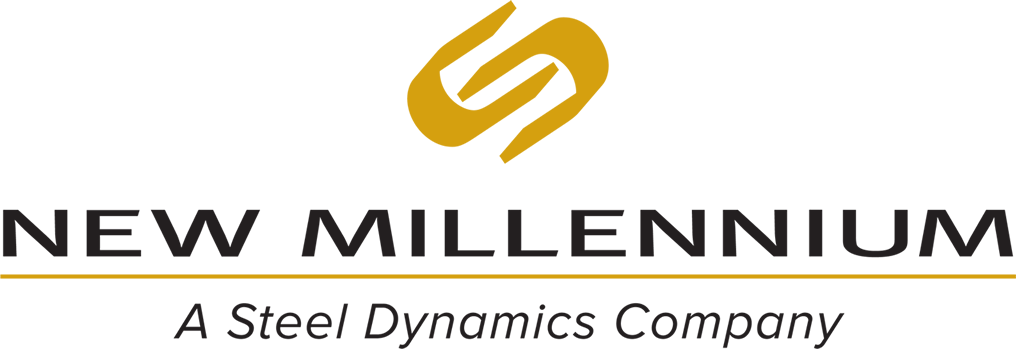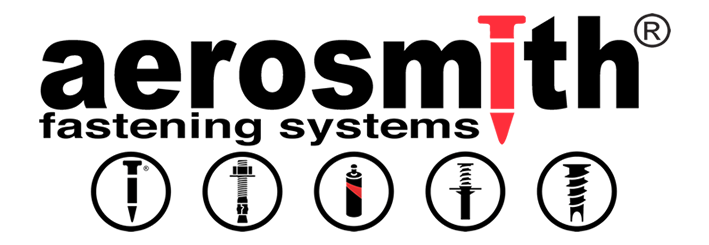
Developing Innovative Cold-Formed Steel Space TrussesEmerging Technologies
The proposed product, Space (3D) trusses made from cold-formed steel profiles, seeks to enhance safety through their rigidity in three dimensions. Conventional 3D steel trusses are typically constructed from hot-rolled steel bars, often utilizing tubes connected by bolts at the nodes. While several types of connections are available to attach these members, most are patented and costly. In the pursuit of a structurally viable and cost-effective alternative to hot-rolled steel, cold-formed steel (CFS) emerges as a strong candidate. CFS is primarily manufactured from steel plates, sheets, and strips, offering numerous advantages, including ease of fabrication, transport, and installation. This study aims to develop a practical product: 3D CFS trusses, designed to create safer structures through their enhanced rigidity and more economical designs by minimizing the need for stabilization elements. A novel technique for limiting axis eccentricity was developed, along with a unique joint configuration that allows CFS sections to replace bars in a 3D truss. Additionally, a formula for calculating eccentricity correction was formulated and applied to CFS 3D trusses. To validate the concept and efficiency of the proposed 3D CFS truss, a prototype with an area of 43.0 ft² (external dimensions of 6.56 ft x 6.56 ft) was constructed and analyzed. The prototypes were evaluated through finite element models and experimental tests. The CFS structure exhibited outstanding results, with a self-weight of 182 lb compared to a load capacity of 16,142 lbf, which is 88 times greater. From these findings, it is concluded that the proposed space CFS trusses hold significant potential for application in building construction.
Cheng Yu Cheng Yu, Ph.D., P.E., F.SEI, F.ASCE, is a professor in the Department of Mechanical Engineering at the University of North Texas. Dr. Yu's research focuses on structural engineering and construction technology, with an emphasis on developing design methods, transformative technologies, and novel structures to enhance the resilience and sustainability of civil structures. His research programs have received funding from the federal, state, and industrial sponsors. Dr. Yu is a registered professional engineer, an ASCE Fellow, and an SEI Fellow. He was the recipient of the Faculty Early Career Development (CAREER) Award from the National Science Foundation. Click to register |

 This presentation presents pioneering and innovative research work with direct applications aimed at improving the structural performance of roof trusses with cold-formed steel (CFS).
This presentation presents pioneering and innovative research work with direct applications aimed at improving the structural performance of roof trusses with cold-formed steel (CFS).